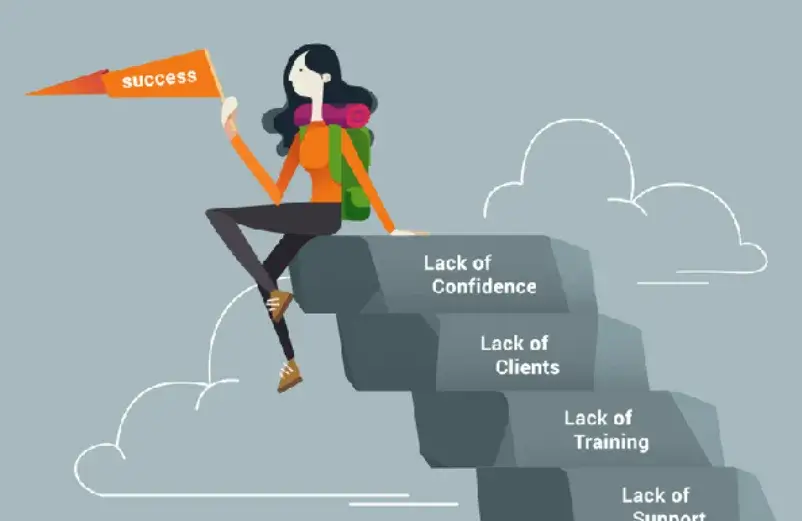In business consumer mediation, challenges demand attention and action. You may face confusion, miscommunication, and frustration. These issues can delay resolutions and create tension. Misunderstandings often arise from unclear agreements or expectations. The outcome? Legal disagreements or damaged relationships. Communication breakdowns also pose a risk. When you misunderstand each other, trust diminishes. Both parties may feel unheard or disrespected. This can lead to deadlocks and resentment. Emotional intensity is another hurdle. Anger or stress can overshadow logic, complicating discussions. Maintaining calm and focus is crucial. An Elite Legal Strategy can guide you through these obstacles. With expert help, you can navigate complex situations more effectively. This approach provides structured solutions and eases tensions. By addressing these challenges head-on, you can find resolutions that satisfy all parties. Empathy and clarity are key. Together, they transform disagreements into opportunities for growth and understanding.
Understanding the Challenges
Let’s explore the common hurdles you may face during business consumer mediation. First, different expectations often lead to confusion. You might find differing opinions on what was agreed upon. This lack of clarity can stall progress and create hostility. Next, cultural differences present another challenge. In diverse business environments, misunderstandings can arise from varying communication styles and customs.
Language barriers can also complicate mediation. Misinterpretations may occur if the parties involved are not fluent in the same language. This can lead to further misunderstandings and dissatisfaction. Additionally, varying levels of experience with mediation can be problematic. Those unfamiliar with the process may feel overwhelmed or unsure of how to proceed.
The Impact of Emotions
Emotions run high during mediation, affecting your ability to think clearly. Stress and frustration are common, making it hard for you to focus on solutions. Emotions can cloud judgment, leading to impulsive decisions. Maintaining composure is essential for successful mediation.
Effective mediation requires empathy. Understanding the other party’s perspective helps to foster trust and collaboration. Displaying compassion can reduce tension and promote open communication. Building rapport with the other party encourages cooperative problem-solving. Seeing matters from their point of view can lead to more agreeable solutions.
Legal and Regulatory Considerations
Legal complexities often complicate mediation. Each party may have different interpretations of contracts or regulations. Navigating these legal issues requires careful attention. Additionally, changes in regulations can affect mediation outcomes. Staying informed is essential to avoid unexpected surprises.
Consulting legal experts can provide clarity on complex issues. Professionals can offer guidance and ensure compliance with relevant laws. Utilizing resources, such as the Consumer Financial Protection Bureau, can provide valuable information and support during mediation. These resources can help you better understand your rights and responsibilities.
Table of Common Challenges in Business Consumer Mediation
| Challenge | Description |
|---|---|
| Confusion | Different expectations lead to misunderstandings. |
| Cultural Differences | Varied communication styles cause misinterpretation. |
| Language Barriers | Misinterpretations due to language differences. |
| Emotional Intensity | High stress and frustration impact decision-making. |
| Legal Complexities | Different interpretations of laws and contracts. |
Strategies for Success
Tackling these challenges requires strategic approaches. Establishing clear communication from the start helps prevent misunderstandings. Setting ground rules for discussions can keep conversations on track. Active listening is key to understanding concerns and finding common ground.
Regular follow-ups help maintain momentum and build trust. Documenting agreements ensures everyone remains on the same page. Implementing feedback from all involved parties creates a more inclusive process. Collaboration fosters a sense of ownership and commitment to the resolution.
Conclusion
By being aware of these common challenges, you can navigate business consumer mediation more effectively. Addressing confusion, cultural differences, language barriers, emotional intensity, and legal complexities is vital. With empathy, clear communication, and expert guidance, you can turn mediation into a constructive experience. Embracing these strategies will lead to satisfactory outcomes for all parties involved.
